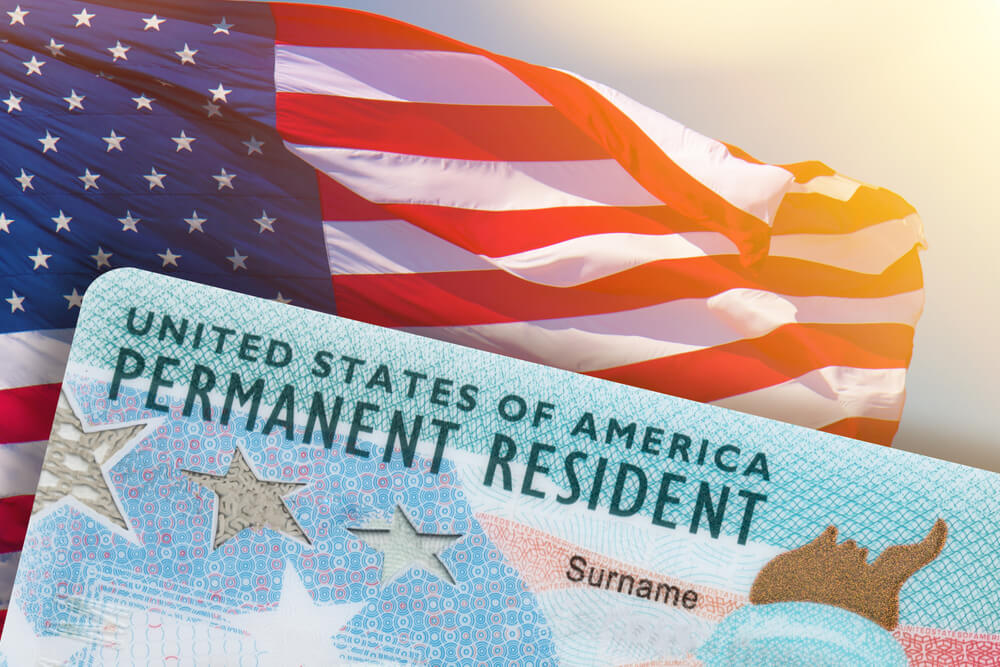The life of Orthodox Jews in Brooklyn has become more convenient: the city has greatly expanded the local eruv
'16.02.2023'
Lyudmila Balabay
Eruv is an important part of the life of Orthodox Jews, which allows them to observe the rule of the holy day of the Sabbath. Now the life of the Jews of Brooklyn has been greatly simplified thanks to the decision of the city authorities. Details told the publication The New York Times.
Talmudic law forbids Orthodox Jews from doing 39 types of work on the Sabbath (the Orthodox day of rest). Apart from plowing and harvesting, buying and selling, cooking by making fire, writing, and other obvious activities, it is forbidden to carry any object outside the home - keys, books, prayer shawls, canes, or even babies. On the day of rest, it is forbidden to push a stroller or wheelchair in public places.
However, thousands of years ago, the Talmudic sages in Babylon invented a loophole to harmonize religious laws with the practical needs of life. This is how the eruv appeared - an artificial border (in our time from a fishing line), enclosing an area that is considered private, not public. According to the sages, the eruv expands the private territory of the house to the streets and even entire blocks, and since this is a private territory, the ban on 39 types of work does not apply on it.
There are such eruvs in New York, but they are not always well planned. In 2014, 37-year-old Naftali Hanau moved from an apartment in Prospect Heights in Brooklyn to a house in Crown Heights. An Orthodox Jewish businessman found that even in a tolerant neighborhood like Brooklyn, he could not fully observe the strict principles of his faith. For example, now he could not take his little son to the synagogue on Saturdays.
On the subject: How the son of Jewish escapees from Auschwitz created a Holocaust comic book and won a Pulitzer Prize for it
At the time, there were 10 different eruvs in Brooklyn, but none of them included the block of his new home. That is, Hanau could not take his 2-year-old son to the synagogue, because he could not push the stroller with the baby down the street.
The man came up with a somewhat strange scheme: he paid a non-Jewish neighbor to push a stroller to the synagogue, and then take his baby home after the prayer service was over. Over the years, two new eruvs were installed in the area, which allowed him to take the child in a stroller to the synagogue himself.
Eruv expansion
Now almost all of Brooklyn is available to Orthodox Jews. On Saturday, Hanau can take her young children with her or visit friends in almost any area of the borough.
A new eruv, installed in October, makes life easier for Orthodox Jewish families in the boro. They may now, if they choose, settle in Bedford Stuyvesant, which has never been part of the smaller eruv. Of the 600 Jews living in Brooklyn, more than 000 are Orthodox, so eruvs are an important part of their lives.
The new eruv, covering almost the entire borough of Brooklyn, allows Hasidim living in Borough Park to travel to Williamsburg. Young families can now let their children spend time with their grandparents in remote areas.
The opening of the eruv was such a significant event for the Orthodox community that in November a delegation of rabbis went to City Hall to pick up an eruv expansion proclamation signed by Mayor Eric Adams.
However, several areas of Brooklyn were still excluded from the eruv - territories where Satmar Hasidim and other smaller communities live.
It took two years to assemble the Brooklyn-wide eruv. Buildings had to be designated as symbolic walls and a line stretched between them. The project cost about $250 and was raised through private donations, said Eli Uminer, who sits on the board of the Brooklyn Eruves Association. He explained that the association is raising money to expand the eruv and to conduct weekly inspections to ensure that the eruv's boundary remains undisturbed.








